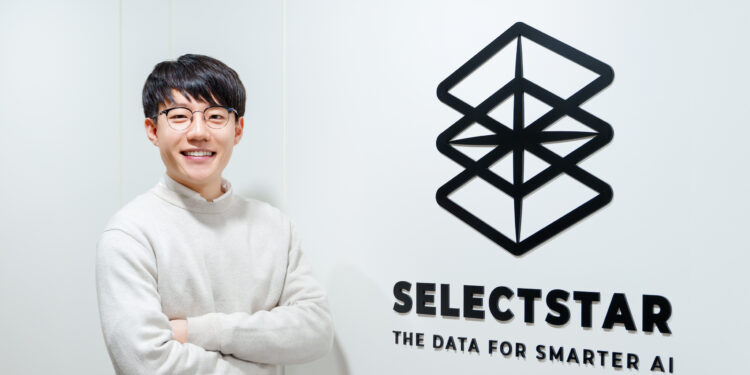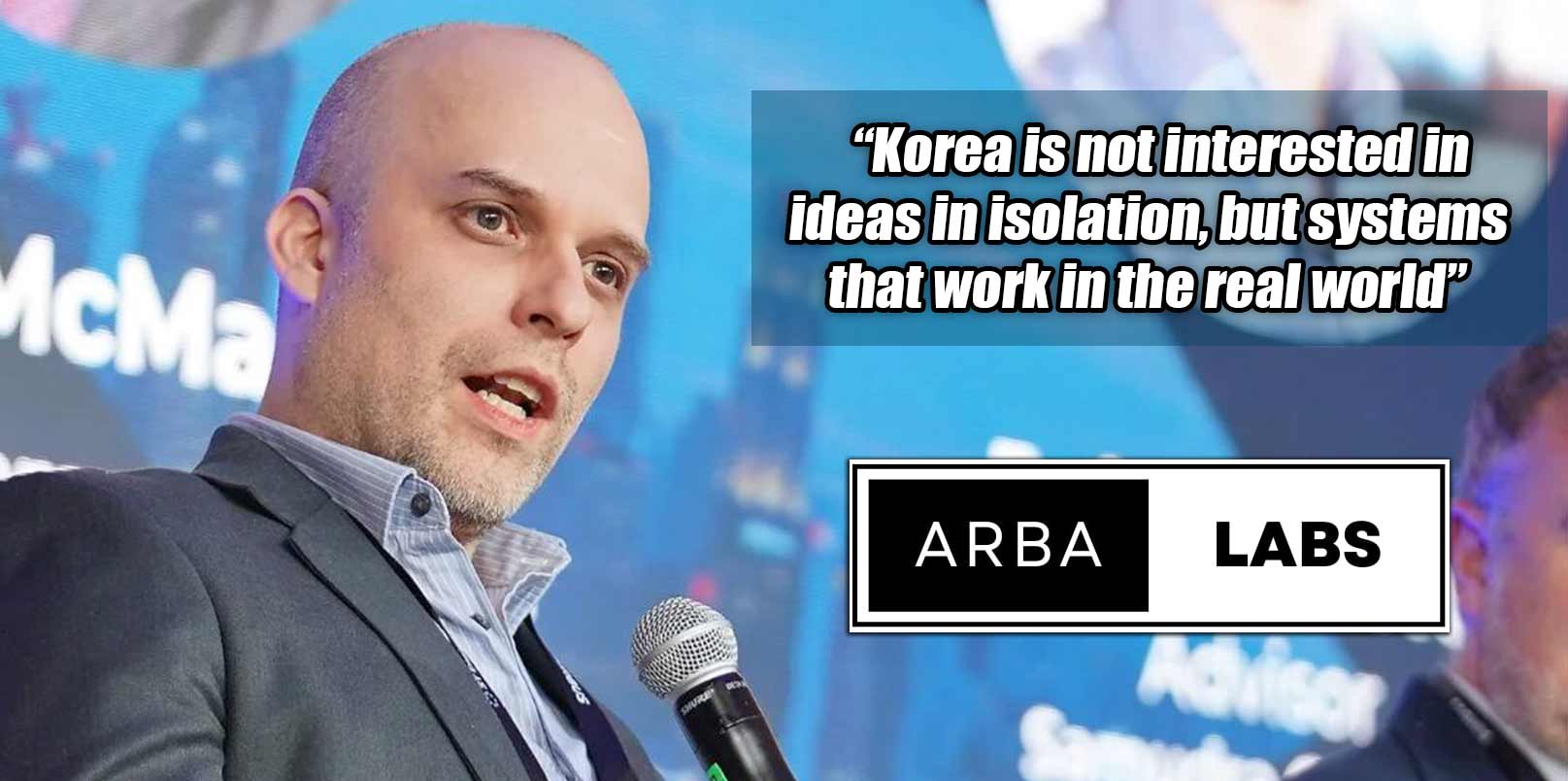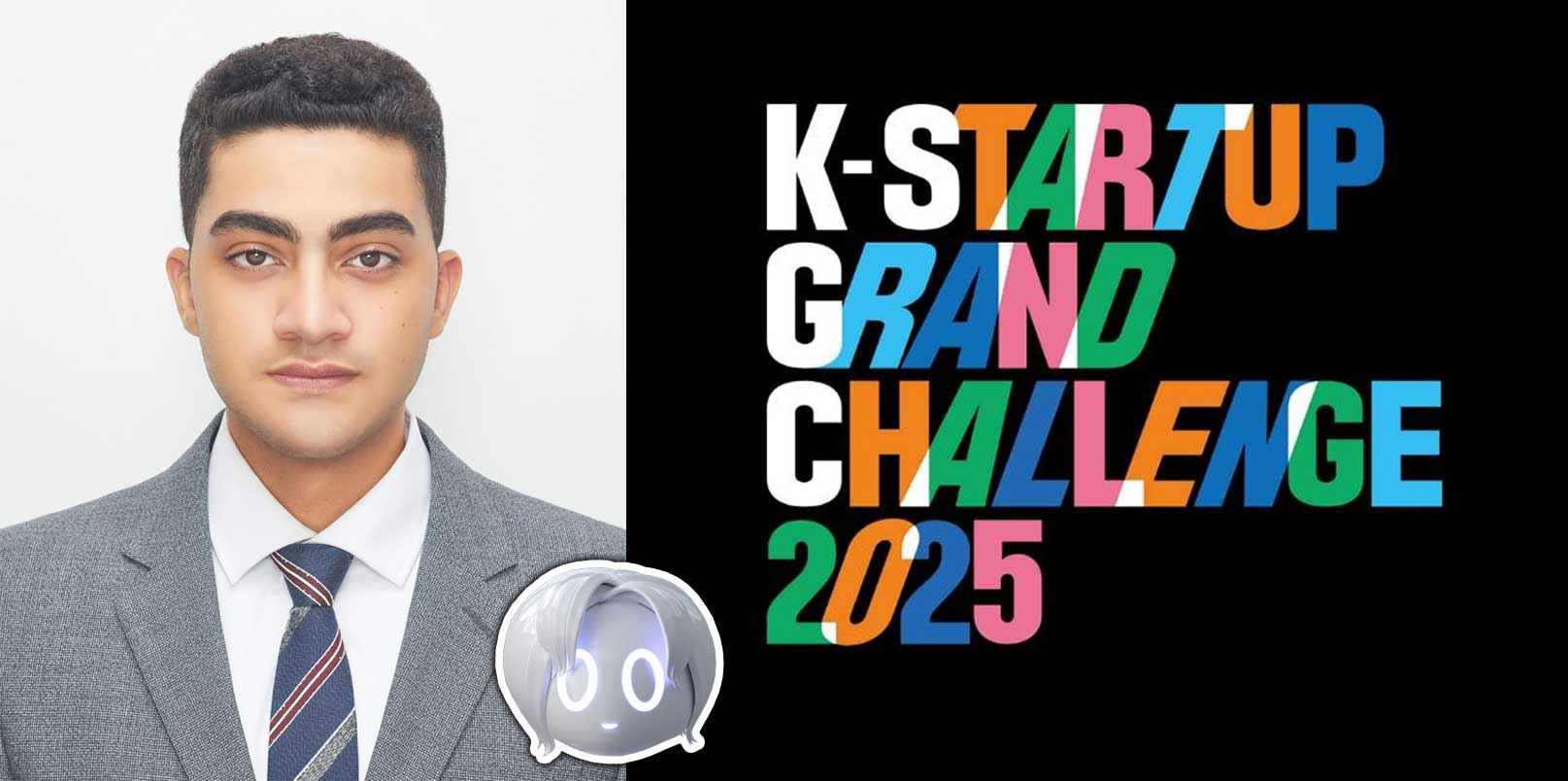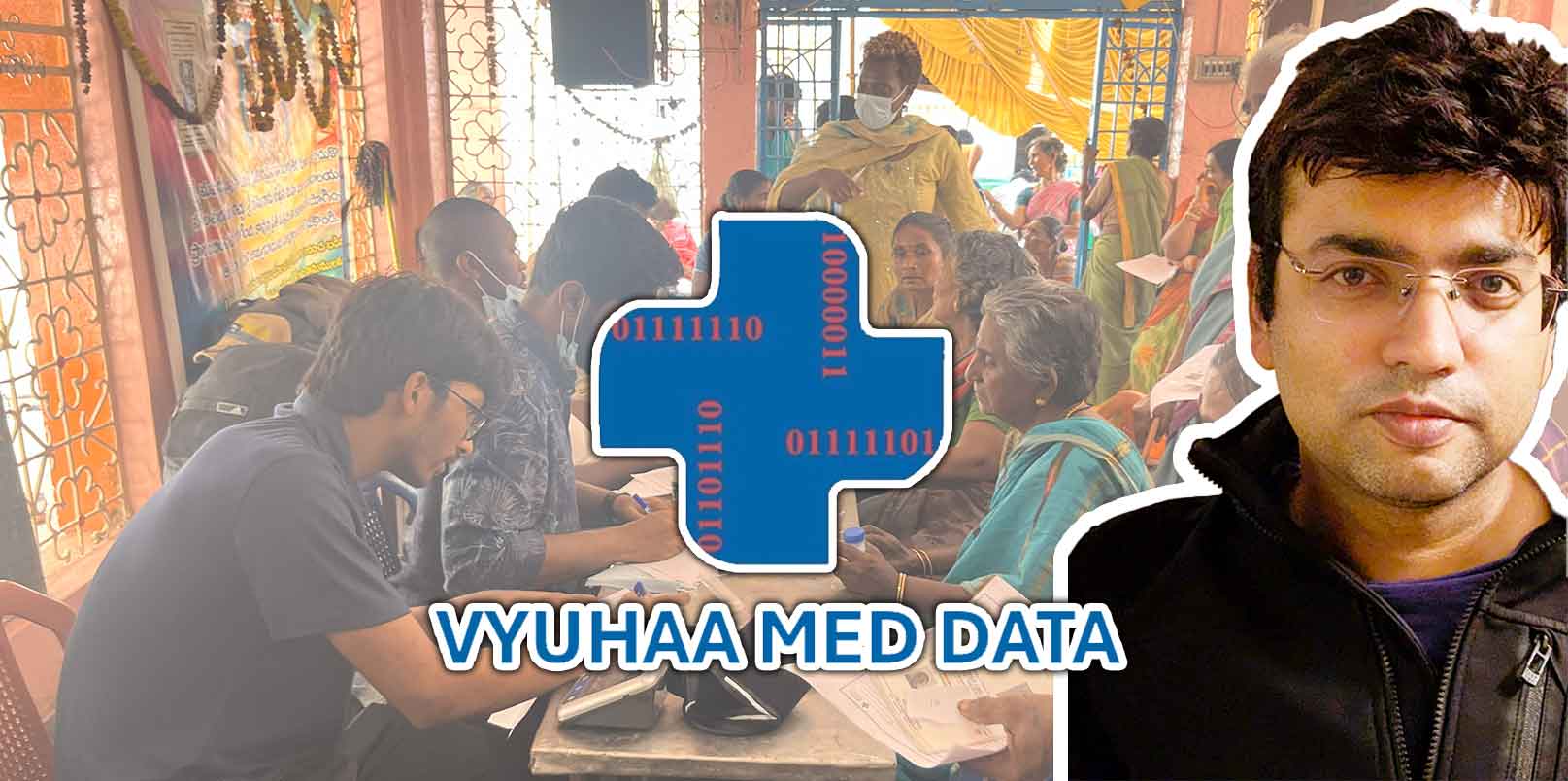As the global race to deploy generative AI intensifies, one question looms large for enterprises: Can we trust the models we build? Amid a growing demand for safe, scalable, and regulation-compliant AI systems, South Korea’s Datumo has emerged as a trailblazer. What began as a data crowdsourcing platform has rapidly evolved into a global leader in AI trustworthiness evaluation — with a bold mission to ensure that generative AI is not only powerful, but also responsible.
At the helm of this transformation is David (Seyeob) Kim, CEO and Co-founder of Datumo, whose academic roots at KAIST and early insights into AI development bottlenecks laid the foundation for a solution-first company. In this exclusive interview, David Kim delves into Datumo’s origin story, its unique approach to AI reliability, and how the company is enabling organizations around the world to build trustworthy AI — faster and more effectively than ever before.
Q. What inspired you to establish Datumo, and what specific challenges in data management are you aiming to address?
While studying deep learning at KAIST, I discovered that AI developers were spending over 80% of their actual development time on data collection and labeling. Recognizing the critical shortage of high-quality AI training data, I founded Datumo in 2018 to address this bottleneck. We began by launching a data crowdsourcing platform called Cash Mission, which significantly improved the efficiency of data acquisition. Over time, we developed semi-automated data labeling technologies and robust quality verification systems. This enabled us to deliver consistent, high-quality AI datasets and build a client portfolio of over 287 companies, including Naver, Samsung, SK Telecom, KT, and LG, with over 200 million data cases processed to date. Today, Datumo offers comprehensive AI data services, including the delivery of premium training datasets and AI trustworthiness evaluation solutions. Our latest offering, Datumo Eval, is an automated platform that evaluates large language models (LLMs) and LLM-based services using golden question datasets and agentic flow-based assessments.
Q. How does Datumo differentiate itself from other data discovery and governance platforms in the market?
Datumo’s primary differentiation lies in solving one of the most urgent challenges in deploying generative AI services: ensuring model reliability. Our flagship product, Datumo Eval, is a fully automated AI evaluation platform designed to measure the trustworthiness, safety, and performance of AI systems. Unlike traditional methods, it automatically generates domain-specific test prompts that reflect real-world application contexts. Using proprietary agent-based AI technology, Datumo Eval tailors prompts based on domain relevance, difficulty, and real user behavior, enabling comprehensive, real-time analysis of model outputs. Enterprises can use our platform to build custom AI evaluation frameworks tailored to their unique use cases. Additionally, our red-teaming features simulate adversarial and edge-case scenarios, helping organizations uncover vulnerabilities proactively. This end-to-end automation of the evaluation lifecycle reduces both time and cost while significantly improving AI governance and risk mitigation.
Q. Can you elaborate on how Datumo’s platform integrates with existing data infrastructures and supports multi-cloud environments?
Currently, Datumo Eval operates as a lightweight, standalone solution that allows enterprises to conduct structured AI trustworthiness assessments with minimal integration overhead. This design is especially beneficial for organizations operating within secure or closed-network environments. As we expand internationally, we are actively working to enhance our platform’s interoperability across existing data infrastructures and support for multi-cloud ecosystems. Our vision is to offer a flexible, scalable AI reliability solution that aligns with the evolving technical and compliance needs of enterprise AI teams worldwide.
Q. What strategies have you employed to achieve rapid growth since the company’s founding in 2018?
From the outset, we focused on the foundational issue of high-quality data collection for AI training. In the early years, we developed proprietary tools for semi-automated data labeling and quality validation, which laid the groundwork for operational scalability. This focus helped us become a market leader in text data services in Korea and secure our Series A funding. A key factor in our growth has also been our team. In 2021, my co-founders Ha-Seung Jeon, Ho-Wook Shin, Moon-Hwee Jeon, and I were recognized on the Forbes 30 Under 30 Asia list, highlighting our impact on the global tech stage. As the AI industry evolved, so did Datumo—we expanded our services to include AI data consulting and, more recently, LLM evaluation and AI red-teaming capabilities to meet the needs of generative AI. In January 2025, we launched Datumo Eval, leveraging our accumulated expertise and laying the foundation for our global expansion and next fundraising stage.

Q. How did you utilize the $15 million raised in your Series A funding to further develop your offerings?
Our Series A investment enabled us to strengthen our AI data infrastructure and deepen our capabilities in AI trustworthiness evaluation. We invested in building consulting expertise and launched Datumo Eval, which has quickly become a go-to solution for enterprises seeking to validate the safety, performance, and ethical compliance of generative AI models. As we scale, we continue to refine Datumo Eval, prepare for Series B fundraising, and build a stronger international presence.
Q. Could you share insights into your current customer base and any notable success stories?
As adoption of generative AI solutions accelerates, many enterprises are recognizing that trust, safety, and explainability are critical barriers to deployment. We’ve supported multiple organizations in developing robust AI governance frameworks. For instance, one global client leveraged Datumo Eval to systematically assess and report on LLM output risks, which helped them establish an internal AI evaluation team. Another case involved a major financial institution, where we collaborated to define cross-departmental standards for reliability and safety. These successes highlight the growing importance of AI trustworthiness validation as a foundational requirement for real-world AI applications.
Q. What are your plans for expanding Datumo’s presence in international markets?
We are actively scaling Datumo Eval in international markets as demand for AI reliability and safety tools continues to rise. Companies like LangChain, Arize AI, and Scale AI are entering the space, but our approach is unique: we specialize in the automated generation of evaluation datasets—a rare capability that allows us to generate over one million test questions for comprehensive LLM assessment. This results in dramatic time and cost savings compared to manual evaluation frameworks. To support our global growth, Co-founder and CSO Michael Hwang is currently based in Silicon Valley, leading strategic partnerships and customer engagement.
Q. How do you foresee the evolving landscape of data governance affecting your product development roadmap?
The global push for AI regulation and governance is reshaping how enterprises develop and deploy AI. From Korea to the U.S. and Europe, we’re seeing increasing regulatory requirements around transparency, bias mitigation, and safety. As a member of Korea’s AI Basic Act Safety Guidelines Task Force, I’ve had the opportunity to contribute directly to national policy development. At Datumo, these insights inform our product roadmap. Datumo Eval is designed with modularity in mind, allowing companies to create custom evaluation frameworks that align with regional compliance standards, industry best practices, and internal risk guidelines.
Q. What role does artificial intelligence play in enhancing the capabilities of Datumo’s platform?
AI is at the heart of everything we do at Datumo. Initially, we focused on providing high-quality AI training datasets. Today, our work extends to verifying the reliability of generative AI models and ensuring they operate safely. Our core offering, Datumo Eval, uses AI to automate the creation of large-scale evaluation datasets, covering a wide spectrum of user input patterns. This reduces the reliance on manual effort, enhances dataset quality, and accelerates evaluation cycles. Going forward, we plan to continue leveraging AI to improve the precision and efficiency of both our data construction and evaluation pipelines.
Q. What advice would you offer to other startups aiming to innovate in the data management and AI sectors?
The key to sustainable growth lies in deeply understanding real-world problems. Datumo was born from a firsthand recognition of the AI data quality gap. My advice to startups is to remain flexible and responsive to evolving customer needs while maintaining a long-term vision. Investing early in proprietary technology, rather than chasing short-term wins, can create lasting differentiation. In rapidly changing sectors like AI, adaptability, technical depth, and user-centric product design are the cornerstones of success.
Keep tab on latest news in the Korean startup ecosystem & follow us on LinkedIN, Facebook, and Twitter for more exciting updates and insights.






